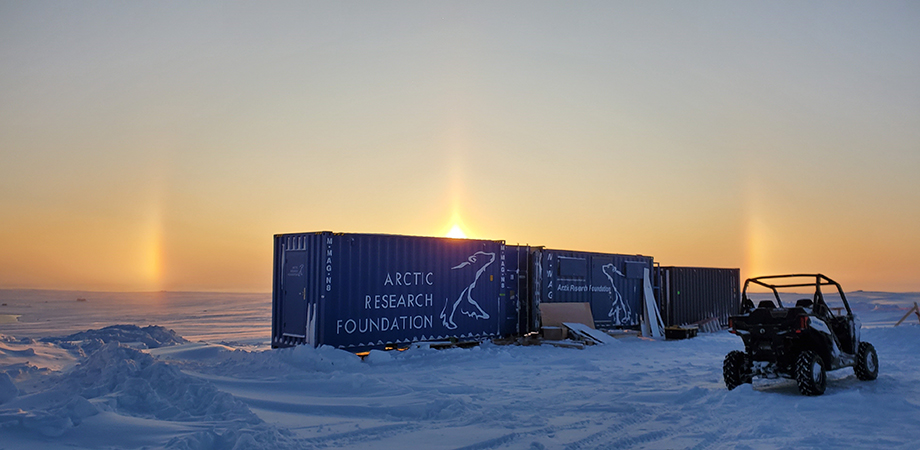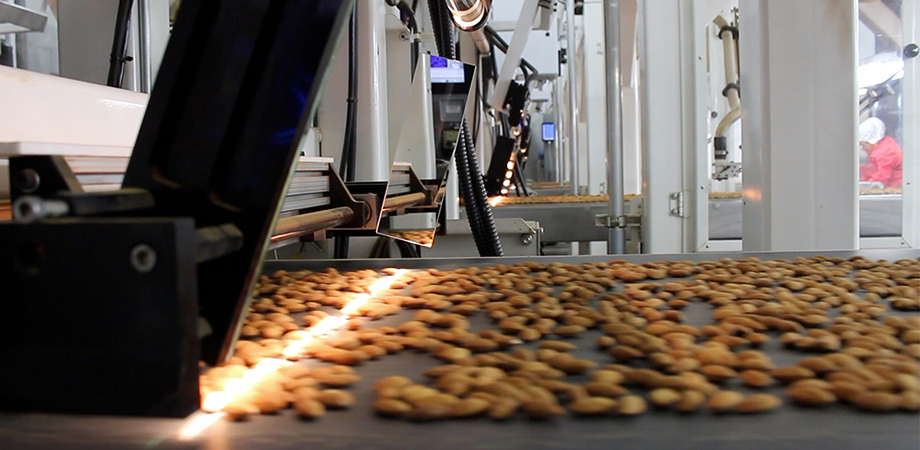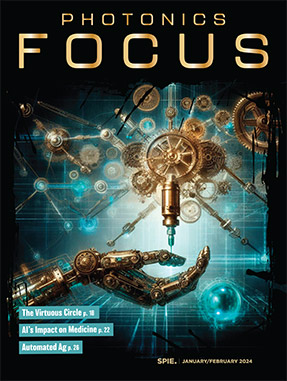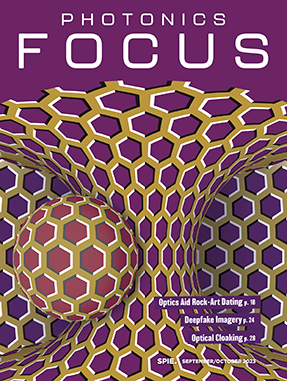Photonics Focus Magazine Vol. 1 Issue 5

Hyperspectral and multispectral imaging, used originally for Earth observation, see obvious uses in remote sensing for agriculture. New holographic sensors use neural networks to detect bacteria colonies in water samples. Infrared imagers detect drought stress and insect infestations in crops, and ultraviolet lights purify water.
Photonic technologies don't stop with protecting the safety of our food—they're also being used to increase yields and lengthen growing seasons. LED lights are now a mainstay in greenhouses, and are even being used to grow crops in inhospitable places, like the Arctic and the International Space Station.
This issue of Photonics Focus is dedicated to the photonic technologies that keep our food safe and help ensure an agricultural production and distribution system that can feed more than nine billion people.
SPIE Members can download full PDFs of this and past issues from our issue archive:
Launched in 2020, Photonics Focus® is the award-winning society magazine of SPIE. Articles showcase scientific discovery and innovative real-world applications of optics and photonics.
A subscription to Photonics Focus is included in SPIE Membership, or you can purchase an annual print subscription (6 issues per year) without membership for $29.95:
| Subscribe |
Read more about how to subscribe or submit an article to the magazine.
Advertising in Photonics Focus will expose your message to key decision makers and qualified buyers in the optics and photonics industry. Find out how to advertise in Photonics Focus.

















